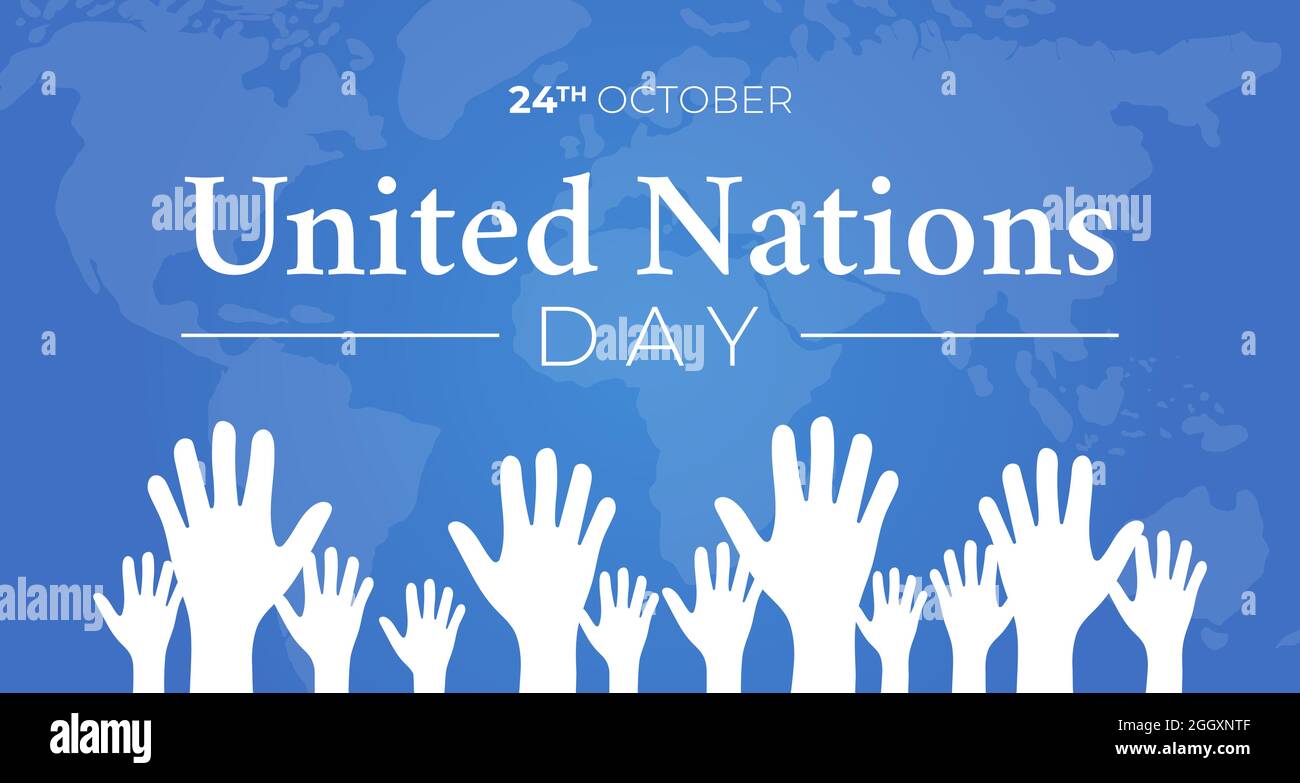On October 24, individuals and organizations around the globe engage in a unique observance known as United Nations Day. This day serves not only as a reminder of the establishment of the United Nations in 1945 but also as a clarion call for unity, collaboration, and peace among the diverse tapestry of humanity. This year, Bahá’ís around the world encourage the observance to bloom with a distinctive hue—blue—symbolizing peace, harmony, and the collective aspirations of humankind to foster global understanding. The Bahá’í teachings provide an enlightening framework for comprehending this celebration within a broader spiritual context, urging all to contemplate the importance of peace and the interconnectedness of humanity.
The significance of “Turning the World Blue” extends beyond mere aesthetics. It invites deep introspection regarding the pivotal role each individual plays in a steadily globalizing world. Blue symbolizes trust, fidelity, and wisdom—a color that resonates deeply with the Bahá’í principles of unity and cooperation. The collective act of enveloping the world in this color on United Nations Day serves as a manifestation of Bahá’í teachings, which advocate for the oneness of humanity and the need for collaborative efforts to address the pressing challenges of our time.
Bahá’í literature strongly emphasizes the premise that the world is experiencing an era of collective maturity. This perspective posits that just as a seed must undergo transformation within the earth before it can blossom, so too must humanity undergo a shift in its consciousness. It is crucial to recognize that the Bahá’í Faith acknowledges the diverse paths of spirituality while pursuing a united goal. As individuals rally together to promote peace, fostering a sense of global solidarity, they begin to embody the essence of the Bahá’í teachings, which espouse the unity of all religions and the search for universal truth.
One salient aspect of these teachings is the principle of consultation. In the face of a world bedeviled by strife and division, Bahá’í teachings advocate for respectful and constructive dialogues. The act of consulting, which incorporates the ideas and insights of all participants, can ignite a sense of shared purpose that transcends individual opinions. This year’s observance of United Nations Day, bathed in blue, can catalyze moments of consultation among diverse groups, reaffirming the need for collaborative solutions to global issues.
Moreover, Bahá’ís possess a unique understanding of how education can be a fulcrum for societal transformation. Education is not merely the acquisition of knowledge; rather, it serves as the bedrock for social cohesion. As part of the “Turning the World Blue” initiative, Bahá’ís encourage individuals and communities to organize educational workshops and discussions centered on topics such as tolerance, cultural appreciation, and environmental stewardship—each aligned with the blue hue of hope and possibility. This educational outreach translates into empowerment, allowing individuals to embrace their roles as agents of change.
Additionally, the Bahá’í teachings underscore the importance of service to humanity as a spiritual pursuit. In intertwining personal development with altruistic service, Bahá’ís strengthen their communities and contribute to the greater fabric of society. United Nations Day provides an opportune moment to engage in acts of service that embody the spirit of blue—whether through volunteer work, charitable contributions, or community bonding activities. Such endeavors illuminate the interconnectedness of all human beings and reinforce the mantra that service to others is, in essence, service to oneself.
Turning the world blue on this significant day also signals a profound acknowledgment of the collective sustainability of our planet. The Bahá’í writings speak to the urgency of addressing dire environmental challenges—an endeavor that rests not solely on policymakers but also on the shoulders of individuals. As individuals don blue attire or illuminate buildings with blue lights, they evoke a dual message of environmental consciousness and social responsibility. It serves as a resourceful means of encouraging reflections on how each person can contribute to preserving the Earth for future generations.
Furthermore, invoking blue on United Nations Day ignites an inquisitive spirit that paves the way for a reevaluation of humanity’s trajectory. It encourages individuals, regardless of background or belief, to engage in the exploration of their essential roles in shaping a more harmonious society. In the pursuit of peace, humanity must grapple with complex global issues such as conflict resolution, poverty alleviation, and sustainable development. By coming together under the banner of blue, individuals can foster curiosity, dialogue, and innovative thinking, ultimately reinvigorating a shared commitment toward meaningful progress.
Ultimately, “Turning the World Blue” is an evocative opportunity to not only celebrate the accomplishments of the United Nations but also to reflect on the deep-rooted connections that bind humanity. The Bahá’í teachings, informing the observance of this day, propel individuals towards a renewed vision characterized by love, understanding, and common purpose. As spectators and participants alike don blue, they invoke a spectrum of potential that resonates on individual, community, and global levels.
This October 24, every action taken—be it large or small—can emanate a potent message: that peace, unity, and service form the tenets through which we navigate the complexities of our modern world. Turning the world blue transcends a mere aesthetic endeavor; it invites each human soul to join in a collective journey towards realization and a commitment to nurturing a world characterized by profound interconnectedness and unwavering hope. Engage in this noble cause and let the world resonate with the colors of an enlightened future.
